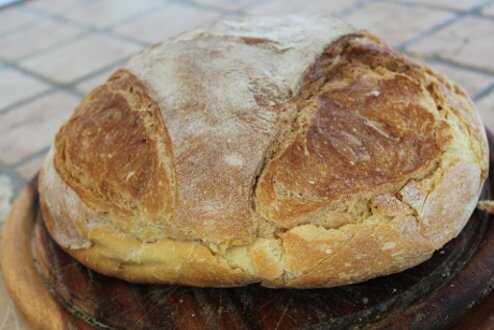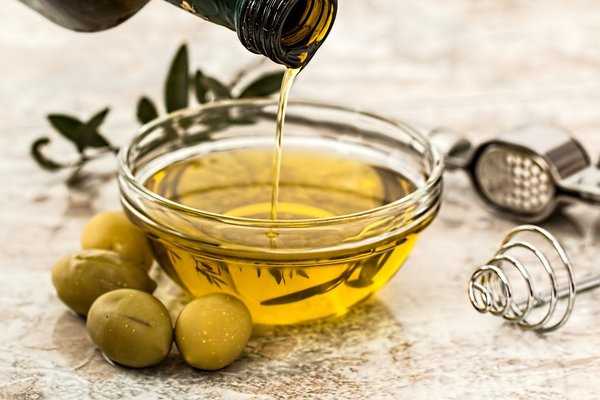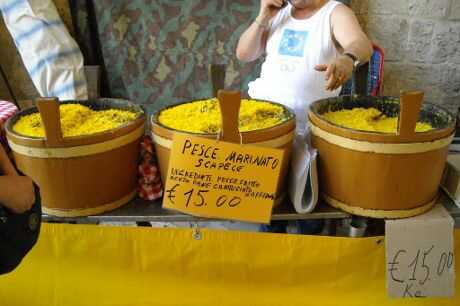Tiella of Bari
Tiella of Bari is a typical Apulian dish made with rice, potatoes and mussels. The name refers to the dialect tieèd (or taieddha, or tieddra, or tjedda, or tajedda) that is, the terracotta pan in which the rice was prepared and cooked on the grill (and not in the oven). The dish is more traditionally known as “rice, potatoes and mussels Bari style” and it is possible to taste it in numerous restaurants in Bari and the province but also to replicate it at home quickly and easily, to enjoy this particular and rich traditional dish.

How to prepare Tiella of Bari
In the recipe for rice, potatoes and mussels Bari style, the main ingredients, as the name suggests, are rice, potatoes and mussels but also cherry tomatoes.
Ingredients for 6 people:
- 300 g of rice
- 500 g of mussels in the shell
- 500 g of potatoes
- 300 g of tomatoes
- 50 g of pecorino
- 1 onion
- 1 clove of garlic
- bread crumbs
- parsley
- Salt to taste.
- pepper as needed.
- olive oil to taste
As mentioned, for the success of this recipe it is preferable to have a terracotta container in which to carry out all the preparation phases. Alternatively, an aluminum baking tray will also work.
Method:
- After having carefully washed the mussels, clean them, taking care to collect their water in a container (because it will be needed later).
- Peel and cut the potatoes into slices, then proceed with the cherry tomatoes.
- Chop the garlic, onion and parsley.
- After cutting these ingredients, you can start preparing the first layer in the terracotta container: sprinkle the tiella with oil and add chopped garlic, onion and parsley, then place a layer of potatoes and tomatoes to be seasoned with salt, pepper and oil and a little more of the chopped herbs.
- Add the mussels and finally the rice (raw) covering all the mussels.
- At this point you can move on to the second layer, alternating the potatoes and tomatoes again (seasoned with salt, pepper, oil and other chopped herbs).
- Finally, sprinkle with breadcrumbs and pecorino.
- Take the mussel water previously set aside and pour it into one side of the baking dish, filtering it. This water must almost reach the breading but not wet it.
- Before putting it in the oven, drizzle some oil on the surface, then bake in a preheated fan oven at 180° for about an hour or until you notice that the potatoes are nicely grilled and the rice and mussels are cooked.
If you like a more delicate flavour, you can use parmesan instead of pecorino.
Given the ingredients, it is preferable to consume the rice, potatoes and mussels as soon as they are ready. However, if you want to store it, you can do so for a maximum of one day, placing it in the fridge in a container with a lid. Before eating it, simply heat it up.
Other variations
Although the traditional recipe from Bari involves the use of rice, potatoes and mussels, over time other variations have also become widespread, such as the one with courgettes (also known as “Tiella tarantina”). In practice, together with the first layer of potatoes cut into slices and cherry tomatoes, the courgettes must also be added.
Another version is the one with octopus, another ingredient widely used in Bari cuisine. In this case, however, this replaces mussels entirely.

Altamura Bread
A bread created and designed to meet the needs of shepherds and farmers for whom it was an essential and daily food. In fact, they sometimes had to stay away from home for several days, in the farms, the typical farms that stood and still stand in the countryside around the city.

Apulian extravirgin olive oil: excellence made in Puglia
Extra virgin olive oil is a real pride for Puglia, well known in Italy and in the rest of the world as a truly exceptional product that manages to enhance and enrich any dish but is also delicious enjoyed with a simple slice of bread.

Scapece of Gallipoli
The scapece of Gallipoli, which is a true classic protagonist of a large number of festivals held throughout the Salento area, with the scapecieri who get to work to prepare it.
